The Rise Of Anti-Inflammatory Skincare

We’ve put our skin through a lot. It’s now time to respond with a healing touch.
Life is all about balance. Take skincare acids, for example. For so long, we have built our beauty routines around the AHAs, BHAs and retinols, all in search of solutions that will brighten, even and smooth the complexion. We have conditioned our faces to monthly peels and harsh exfoliators on our quest for the ‘perfect’ skin. But sometimes when you love something you have to let it go. Too many harsh ingredients has led to rising concerns around inflammation and how you could be doing more harm than good. Sorry to be the bearers of bad news.
We so readily hear about gut inflammation and the gut microbiome, but what about the skin microbiome? What effect is inflammation having on our skin? With rising cases of rosacea, eczema, breakouts, or skin sensitivity in general, we are being met with the backlash of those harsher and more intense routines. With anti-inflammatory skincare now the cool kid on the block, we explore the effect that inflammation has on the skin and the industry’s kinder and gentler approach to supporting your barrier health.

How Inflammation Affects The Skin
There is no straightforward answer to the inflammation question, as is pretty standard when it comes to questions about the skin. However, there are conditions that experts typically note can affect the skin’s barrier function and lead to irritation. “We are bombarded every day with inflammatory influences, from harsh skincare ingredients to UVA and UVB rays, stress, tailpipe emissions, HEV rays, smoking, drinking and sugar,” shares Dr Barbara Sturm. Skin Expert Melanie Grant also expressed that it is possible to see skin conditions such as compromised barrier function, increased sensitivity and irregular sebaceous surface when inflammation flares. “Other conditions include collagen breakdown, acne, hyperpigmentation or hormonal congestion,” she adds.
But should we consider all inflammation the same? Dr Timm Goleuke, Founder of Royal Fern Skincare shares that “there are two types of inflammation in the skin: acute and chronic. The difference between them is a matter of timing. Acute inflammation usually lasts six weeks or less and can result from many skin issues, like acne, sunburns and allergic reactions. Chronic inflammation goes beyond six weeks and maybe indefinite. It often goes hand in hand with eczema, rosacea and psoriasis.”
Lifestyle Factors
We’ve recently understood that our skin is part and parcel of a more extensive and holistic health process, so inflammation can also be the result of certain lifestyle habits. Joanna Vargas, Celebrity Facialist, Founder of Joanna Vargas Salons and Skin Care and Author of “Glow From Within”, ties this to alcohol consumption, an increase in stress levels, poor diet, lack of digestion (which can cause breakouts and internal inflammation) as well as a lack of sleep. “Less sleep means the body can’t finish its repair cycle, which will result in more inflammation and breakouts”, she highlights. So, prioritise visiting the land of nod, people.
Anti-Inflammatory Skincare
So, the million-dollar question is, how does anti-inflammatory skincare help our skin, and how does it soothe and calm the complexion? It’s all about hydration and nurturing the skin barrier. As Dr Sturm explains, “Every anti-inflammatory skincare routine should contain products that deeply hydrate and nurture the skin—packed with highly active anti-ageing ingredients that support the skin’s barrier function rather than attack it.” Therefore, this doesn’t just mean giving harsh actives such as retinol, glycolic and lactic acid a rest but tailoring a less-is-more approach and working anti-inflammatory ingredients into your arsenal.
“The right anti-inflammatory ingredients work by inhibiting the body’s negative response and blocking the effects of certain enzymes that contribute to inflammation. Niacinamide is great at reducing redness and dry skin. Fern (one of the strongest antioxidants) calms down inflammation. Sea Buckthorn Oil contains a rare omega-7 that stimulates cellular regeneration in the epidermis. Aloe Vera is a beneficial skin soother,” Dr Golueke outlines. He also notes that we can support our skin with supplements containing vitamin A, vitamin C, vitamin D, zinc, turmeric or ginger to strengthen the cells and bolster the microbiome.


Photography: Kristina Yenko

Holistic Treatment Options
Our experts’s favourite way to minimise inflammation in their day-to-day includes ingesting marine collagen probiotics and incorporating daily movement to flush any stagnant lymph that can result in puffiness. For Grant, reducing cortisol and blue light is vital. “Both cause free radical damage in the skin which accelerates skin ageing so do your best to limit (although easier said than done).”
Anti-Inflammatory Skincare Products
A range of our favourites include Joanna Vargas’s Daily Hydrating Cream formulated with galactoarabinan, a potent anti-inflammatory ingredient. The Dr Barbara Sturm Hyaluronic Serum to intensely hydrate the skin and Allies of Skin Peptides & Antioxidants Firming Daily Treatment, Drunk Elephant Sweet Biome Fermented Sake Spray and REN Clean Skincare Evercalm Gentle Cleansing Milk. If time is of the essence, a multi-functional product such as Augustinus Bader’s The Serum ensures the skin receives the right amount of vitamins, amino acids, and minerals to function optimally, in one fell swoop.
How Inflammation Affects The Skin
There is no straightforward answer to the inflammation question, as is pretty standard when it comes to questions about the skin. However, there are conditions that experts typically note can affect the skin’s barrier function and lead to irritation. “We are bombarded every day with inflammatory influences, from harsh skincare ingredients to UVA and UVB rays, stress, tailpipe emissions, HEV rays, smoking, drinking and sugar,” shares Dr Barbara Sturm. Skin Expert Melanie Grant also expressed that it is possible to see skin conditions such as compromised barrier function, increased sensitivity and irregular sebaceous surface when inflammation flares. “Other conditions include collagen breakdown, acne, hyperpigmentation or hormonal congestion,” she adds.
But should we consider all inflammation the same? Dr Timm Goleuke, Founder of Royal Fern Skincare shares that “there are two types of inflammation in the skin: acute and chronic. The difference between them is a matter of timing. Acute inflammation usually lasts six weeks or less and can result from many skin issues, like acne, sunburns and allergic reactions. Chronic inflammation goes beyond six weeks and maybe indefinite. It often goes hand in hand with eczema, rosacea and psoriasis.”

Photography: Kristina Yenko
Lifestyle Factors
We’ve recently understood that our skin is part and parcel of a more extensive and holistic health process, so inflammation can also be the result of certain lifestyle habits. Joanna Vargas, Celebrity Facialist, Founder of Joanna Vargas Salons and Skin Care and Author of “Glow From Within”, ties this to alcohol consumption, an increase in stress levels, poor diet, lack of digestion (which can cause breakouts and internal inflammation) as well as a lack of sleep. “Less sleep means the body can’t finish its repair cycle, which will result in more inflammation and breakouts”, she highlights. So, prioritise visiting the land of nod, people.

Anti-Inflammatory Skincare
So, the million-dollar question is, how does anti-inflammatory skincare help our skin, and how does it soothe and calm the complexion? It’s all about hydration and nurturing the skin barrier. As Dr Sturm explains, “Every anti-inflammatory skincare routine should contain products that deeply hydrate and nurture the skin—packed with highly active anti-ageing ingredients that support the skin’s barrier function rather than attack it.” Therefore, this doesn’t just mean giving harsh actives such as retinol, glycolic and lactic acid a rest but tailoring a less-is-more approach and working anti-inflammatory ingredients into your arsenal.
“The right anti-inflammatory ingredients work by inhibiting the body’s negative response and blocking the effects of certain enzymes that contribute to inflammation. Niacinamide is great at reducing redness and dry skin. Fern (one of the strongest antioxidants) calms down inflammation. Sea Buckthorn Oil contains a rare omega-7 that stimulates cellular regeneration in the epidermis. Aloe Vera is a beneficial skin soother,” Dr Golueke outlines. He also notes that we can support our skin with supplements containing vitamin A, vitamin C, vitamin D, zinc, turmeric or ginger to strengthen the cells and bolster the microbiome.

Holistic Treatment Options
Our experts’s favourite way to minimise inflammation in their day-to-day includes ingesting marine collagen probiotics and incorporating daily movement to flush any stagnant lymph that can result in puffiness. For Grant, reducing cortisol and blue light is vital. “Both cause free radical damage in the skin which accelerates skin ageing so do your best to limit (although easier said than done).”
Anti-Inflammatory Skincare Products
A range of our favourites include Joanna Vargas’s Daily Hydrating Cream formulated with galactoarabinan, a potent anti-inflammatory ingredient. The Dr Barbara Sturm Hyaluronic Serum to intensely hydrate the skin and Allies of Skin Peptides & Antioxidants Firming Daily Treatment, Drunk Elephant Sweet Biome Fermented Sake Spray and REN Clean Skincare Evercalm Gentle Cleansing Milk. If time is of the essence, a multi-functional product such as Augustinus Bader’s The Serum ensures the skin receives the right amount of vitamins, amino acids, and minerals to function optimally, in one fell swoop.



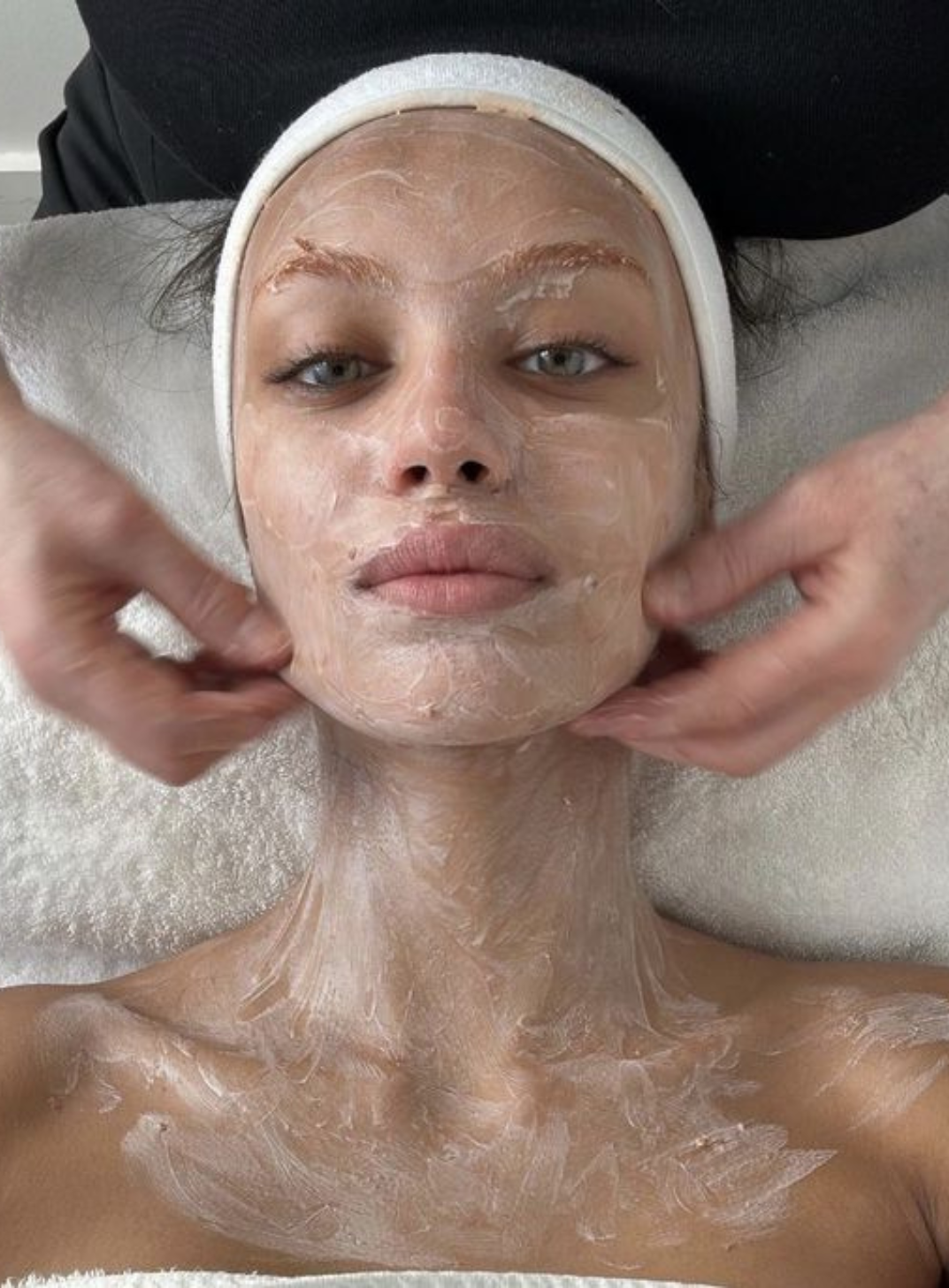

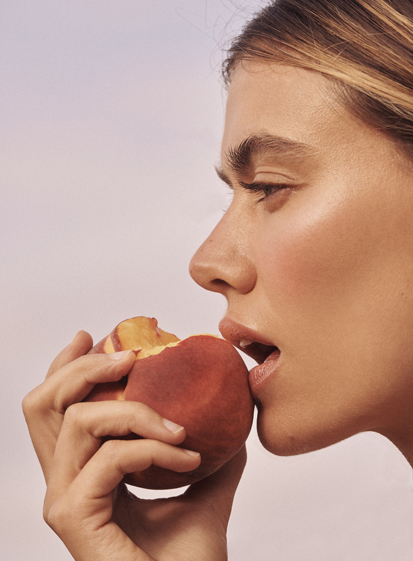
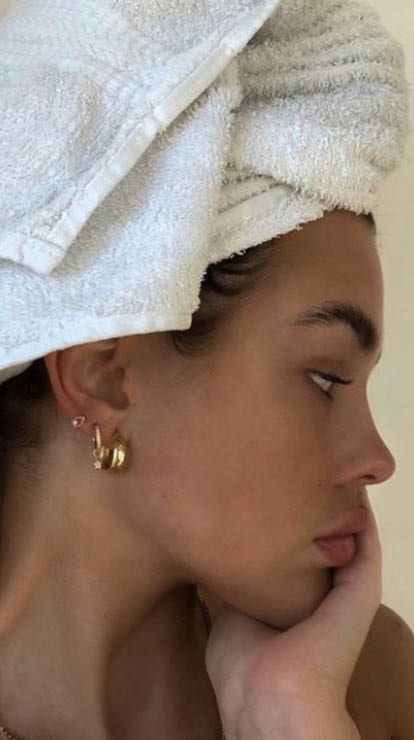




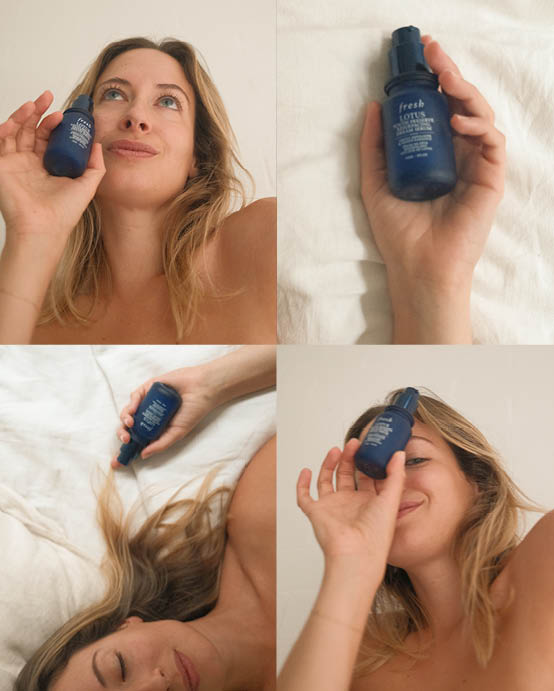
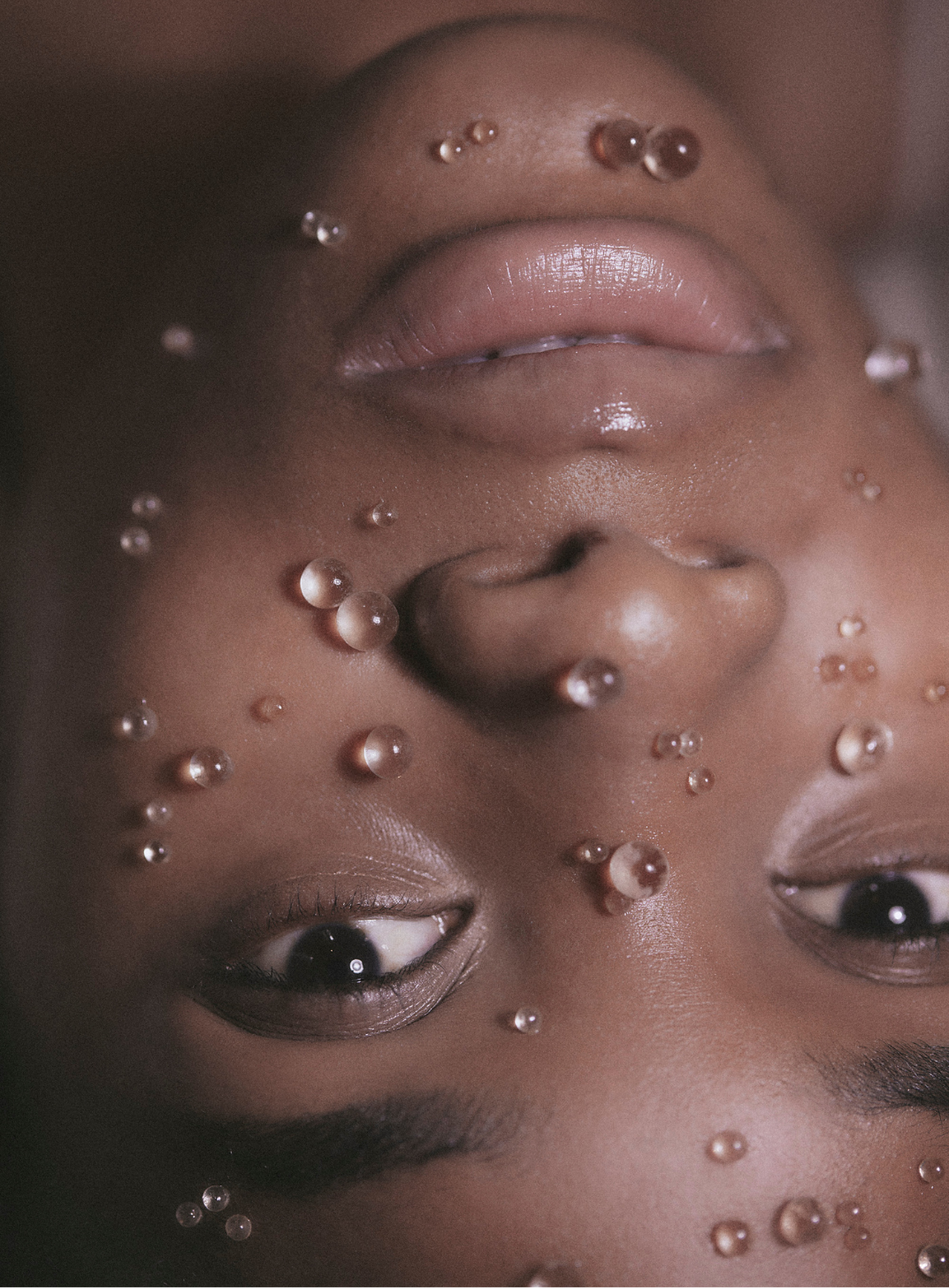
Comments